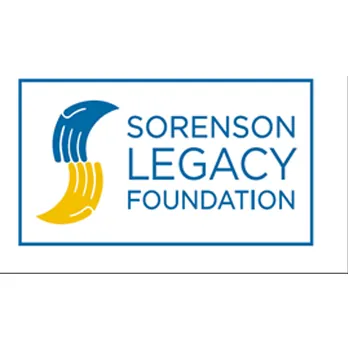Professor and Surgeon
University of Rochester,
Rochester, New York
Cancer-Types Supported
Click a cancer type below to learn more:

Research Projects
Pancreatic ductal adenocarcinoma (PDAC) is the most prevalent type of pancreatic cancer and is one of the deadliest human cancers, in part, due to its ability to metastasize. An unmet need in cancer research and for patients is to understand what makes PDAC metastasize, and to design new drugs that prevent or inhibit metastasis. No therapeutic agents are currently available (either FDA-approved or in clinical trials) that can target the unique biology that governs pancreatic cancer metastasis until now.
The biology of metastatic PDAC is distinct from that of the primary tumor. It is driven by epigenetic changes that govern changes in a cell without gene mutations or otherwise known as epithelial to mesenchymal transition (EMT). In numerous solid organ cancers, EMT drives tumor progression and metastasis but also resistance to cytotoxic therapies and immunotherapies.
Netrin-1 (also known as NTN1) is a key molecule in the development of the nervous system but it is upregulated in numerous solid organ cancers. Drs. Darren Carpizo and Igor Astsaturov have recently discovered NTN1 is a critical regulator of metastasis in PDAC. In metastatic PDAC models, their teams show anti-NTN1 methods suppress metastases and improve survival. They are conducting a pilot clinical trial with PDAC patients and a monoclonal antibody, NP137, shown to block EMT in models of varying cancer types and in patients with endometrial cancer.
The Carpizo and Astsaturov teams will measure circulating tumor cells (CTCs) from patients in the trial receiving the antibody NP137 to determine the EMT status before and after treatment and explore biomarkers of response to the antibody treatment.
IMPACT
Virtually ALL pancreatic cancer patients both late and early stage patients harbor disseminated disease, thus the potential impact of NP137 in pancreatic cancer is large. This is the first clinical trial of a therapeutic in pancreatic cancer that can putatively suppress metastasis and EMT. This research represents a unique opportunity to apply new technologies that can measure metastatic disease such as circulating tumor cells.
Background
Dr. Darren Carpizo is a Professor of Surgery at the University of Rochester, New York. He received his medical training at the University of Chicago and received his Ph.D. in Molecular and Cellular Biology at the University of California, Los Angeles. He completed his research and oncology fellowships at Memorial Sloan Kettering Cancer Center.
His laboratory studies cancer biology with an emphasis on developmental therapeutics. During his junior and mid-level faculty years, the focus of his research was on developing a new class of small molecule mutant p53 reactivators called Zinc Metallochaperones (ZMCs). This significant research received multiple NIH grants and numerous foundation awards. More recently, his laboratory has focused on research pertaining to pancreatic cancer metastasis and dormancy. In work funded by the Pancreatic Cancer Action Network, he and Dr. Igor Astsaturov identified Netrin-1, a neuronal axon guidance molecule which is upregulated in pancreatic cancer metastases. This work identified Netrin-1 as novel therapeutic target as anti-Netrin-1 therapy inhibited metastasis and increased survival in murine pancreatic cancer models. This work formed the basis for the first-in-human clinical trial with anti-Netrin-1 antibody.

The National Foundation for Cancer Research wishes to thank the Sorenson Legacy Foundation for its generous support to expand on this critical research initiative.
Accelerate innovative research like this and help save cancer patient lives.
Research Focus Areas
Select a Focus Area Below to learn more and see others working in these area.










